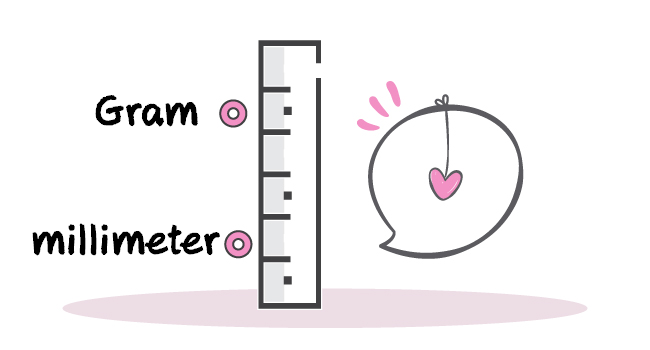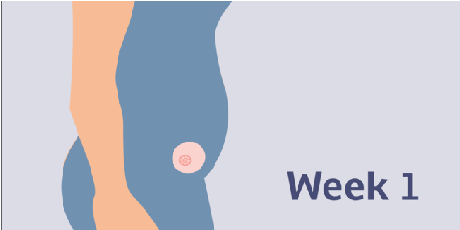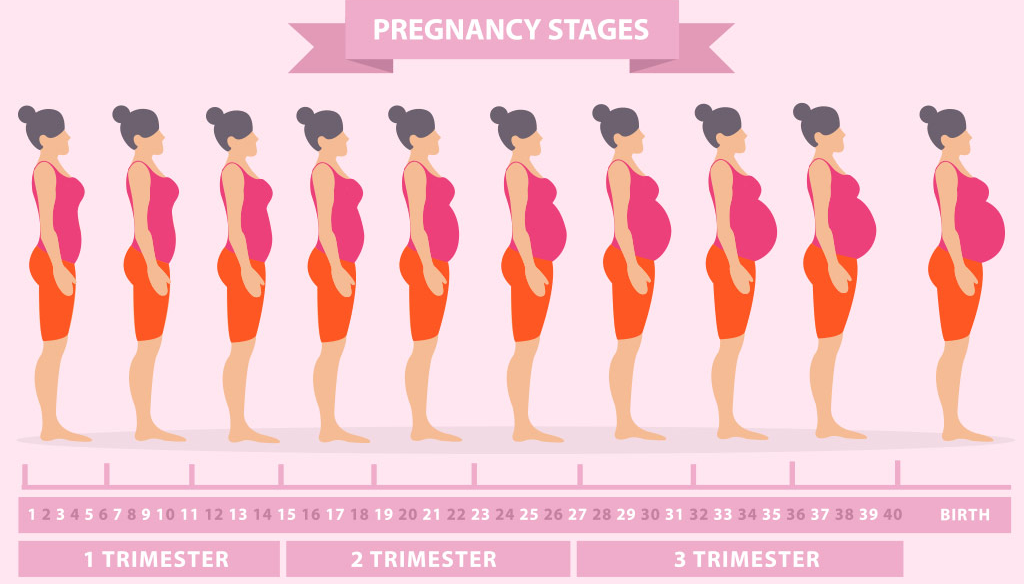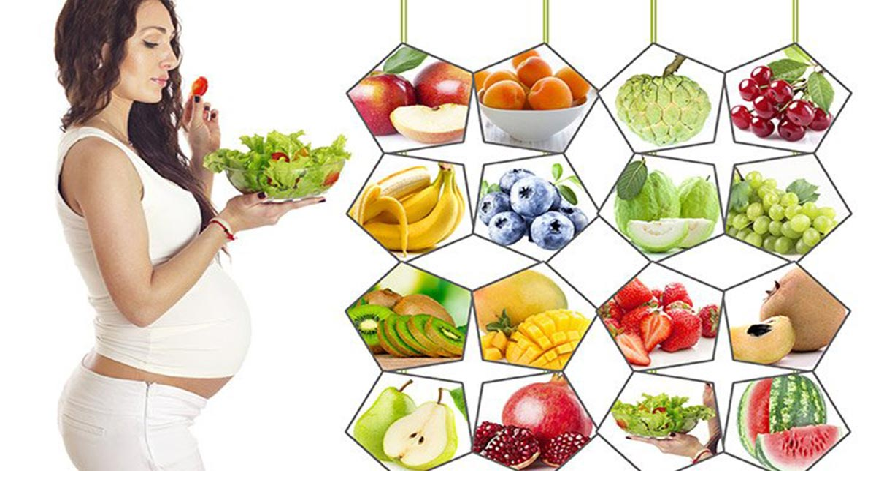You have decided to become a mother and prepare yourself for a long journey of 9 months. It is good to know that when the sperm is closed, you are not aware of it until the next month’s menstruation occurs and you hear the good news of your pregnancy with a pregnancy test. When you find out you are pregnant, you are in the 4th or 5th week of pregnancy, but it is better to know about this 9-month trip from the beginning. Do not worry! We are with you until the end of the trip and will accompany you. The most important thing to keep in mind is self-care and refraining from activities that you suspect could endanger the fetus if you become pregnant.
Am I pregnant or not ?!
Basically you are not pregnant yet. To calculate pregnancy, experts usually consider the first day as the last day of menstruation. That is why pregnancy is between 40 and 42 weeks. Your delivery time is calculated from the first day of your last period. Fertilization at the time of ovulation occurs in the second week for a woman who has a normal, 28-day menstrual cycle. During 40 weeks, your baby will grow from a small seed to the size of a watermelon.
Fetal condition in the first week of pregnancy
Fetus? Which fetus? This hard concept comes to mind even if you are technically in the first week of pregnancy and do not expect to have a fetus in your womb. No sex has even happened yet because you are actually menstruating. Only after the first week of pregnancy is the egg supposed to be released from the ovary and move to the uterus through tubes called the fallopian tube, and inside the fallopian tube is fertilized by sperm to form an egg cell.
Fetal height: 0 cm
Fetal weight: 0 kg

Maternal condition in the first week of pregnancy
During the first week of pregnancy after menstruation, the uterine wall thickens and uterine secretions increase. These secretions are a sign of the presence of the hormone estrogen in the body, which normally acts as a protective barrier, but during fertilization, these secretions help the sperm to move more easily in the fallopian tubes and go to the egg. Sperm are needed to form an egg cell. During fertilization, millions of sperm are normally transferred to the vagina, only a few hundred of which pass into the fallopian tube, where the race begins and the sperm swim to the mature egg. As you may already know sperm is alive inside female body for 72 hours (maximum). However saying that different sources may state that the sperm survival time is 4 to 6 days, but being alive is not a reason for fertility, and if you decide to become pregnant, you should know that sperm can only survive for 72 hours. On the other hand, when an egg comes out of the ovary, it must be fertilized within 12 to 24 hours, otherwise it will die.
But how does sperm attach to an egg? Because the egg has a hard protective shell, the end of the structure of each sperm is sticky and attaches to the eggshell, forming an egg by penetrating it. Fertilization usually occurs between days 14 to 17 of the 28-day menstrual cycle. Symptoms of the body during ovulation include mild pain in the lower abdomen and, of course, fever. At the time of ovulation, the body temperature rises by about half a degree.

Important care of the first week of pregnancy
If you have never started taking folic acid, take 400 micrograms daily and 600 micrograms of folic acid daily, especially on days when you are menstruating, depending on the test results and how much you need, as long as your pregnancy test is positive. This need is determined by your doctor, so it is best to talk to your doctor about folic acid requirements months before you decide to become pregnant.
Ovulation is affected by stress, illness, travel, and obvious changes in weight, exercise, and sleep patterns, so try to make the least amount of change and stress at this time.
It is recommended that you start taking the vitamins you need and avoid the following:
Caffeine
Artificial sweeteners
Alcohol
Nicotine
If you are taking certain medications, talk to your doctor to see if this medication is safe during pregnancy.
The most important thing you can do right now is not to do strenuous work and activities that might hurt you if you know you are going to get pregnant, as you may find out two weeks later.
Toxins are harmful to the environment and the body during pregnancy. That’s why you need to eliminate any environmental chemicals from your life. Toxins such as paint sprays and cigarettes, etc. are the first things you should put aside.

What to eat in the first week of pregnancy?
Now you want to make pregnancy easier for you and have a better day in the coming months. Therefore, you should have a balanced diet with daily multivitamins and prenatal vitamins before pregnancy.
- Minerals and folic acid are essential for this period. You know that folic acid is found naturally in lentils, beans and whole grains, and their consumption prevents birth defects during pregnancy.
- Consider healthy eating habits in your diet as well as your physical activity.
- If you are taking medication, be sure to talk to your doctor about deciding to become pregnant and how to use it.
- Avoid smoking and keep your daily caffeine intake to a minimum.
- Be sure to include folate, calcium, iron, zinc and fiber in your diet.
- Eat a rainbow of foods. This means that you should follow a variety of diets. Of course, if in the first weeks of pregnancy you are prevented from eating a variety of foods, you should not worry because your appetite will return very soon and you can eat any useful food.
- To prevent dehydration, try to drink at least 8 glasses of water or other fluids a day.

Important symptoms of ovulation in the first week of pregnancy
Body temperature changes: The first important sign is that your basal body temperature drops during ovulation and then rises by half a degree Celsius immediately after ovulation. So get a special thermometer and start checking. In a few months you can find a pattern to predict the moment of ovulation.
Increased cervical secretions: During these months of pregnancy, you will notice that the consistency of the mucosa changes from week to week. At present, it has a thick, sticky discharge and a creamy state, but as it approaches the day of intercourse, its volume increases and eventually it becomes like a cloud.
List of important tasks in the first week
If you know you are planning to get pregnant, it is best to do some things on your to-do list from the start of your period:
- If you have not yet started taking vitamins, it’s time to do so.
- Keep track of the history of one or two previous periods.
- Be sure to get medical history of yourself, your spouse, and family chromosomal illnesses and disorders to discuss with your doctor.










